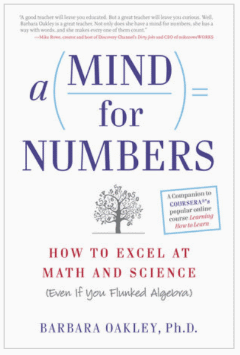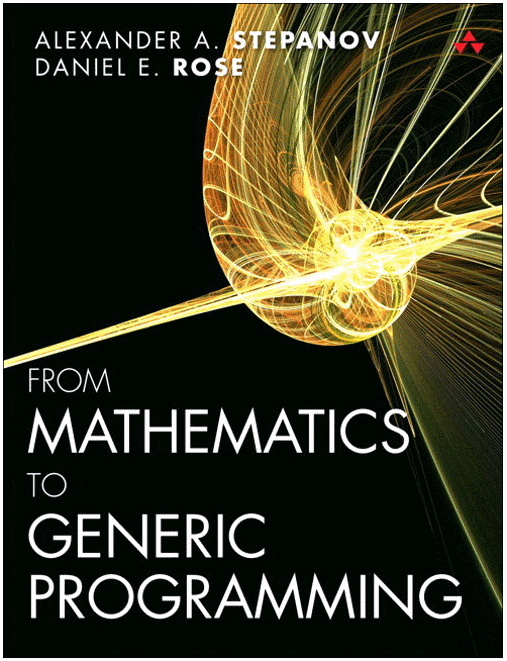This book is more than the story of a dedicated linguist, expert in Russian and Slavic culture, who “by chance”, while in the U.S. Army, was assigned to “become an expert” in radio, cable and telephone switching systems and then electronics training and similar activities apparently unrelated to the art and craft of languages. However, the author tells us how she decided to “retrain” her brain, from math-fobe to math lover. In the same way she learned languages, that is, the better she became at also learning math and science, the more she enjoyed what she was doing to the point she earned a bachelor’s degree in electrical engineering, then a master’s in electrical and computer engineering and finally a doctorate in systems engineering. This “change of heart” (and brain) for the author made her interested in the inner workings of the brain as well, so this book explores how you, as someone who may think that numbers or science is “not your thing” may start thinking and behaving differently. Our habits, our “zombies”, may make us masters of procrastination and conquering this tendency to overconfidence, by being more effective and creative, a better learner, will help you succeed no only in math and sciences. As we approach a new year, 2016, this is perhaps my best recommended reading to start a new year in which, after many attempts to success and to the discovery of your true calling, you could see the light at the end of the tunnel, at that moment in time when you realize you are destined to be great perhaps in a new city, in a new career. Happy New Year to You!
(On the other hand, I always thought that whoever has good linguistic skills can also have good math and science skills, and the reverse is also always true).
A mind for numbers : how to excel at math and science (even if you flunked Algebra). Barbara Oakley, Ph.D.. New York: Penguin Group, 2014.

